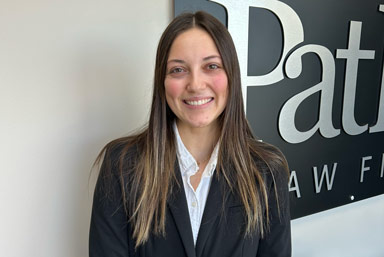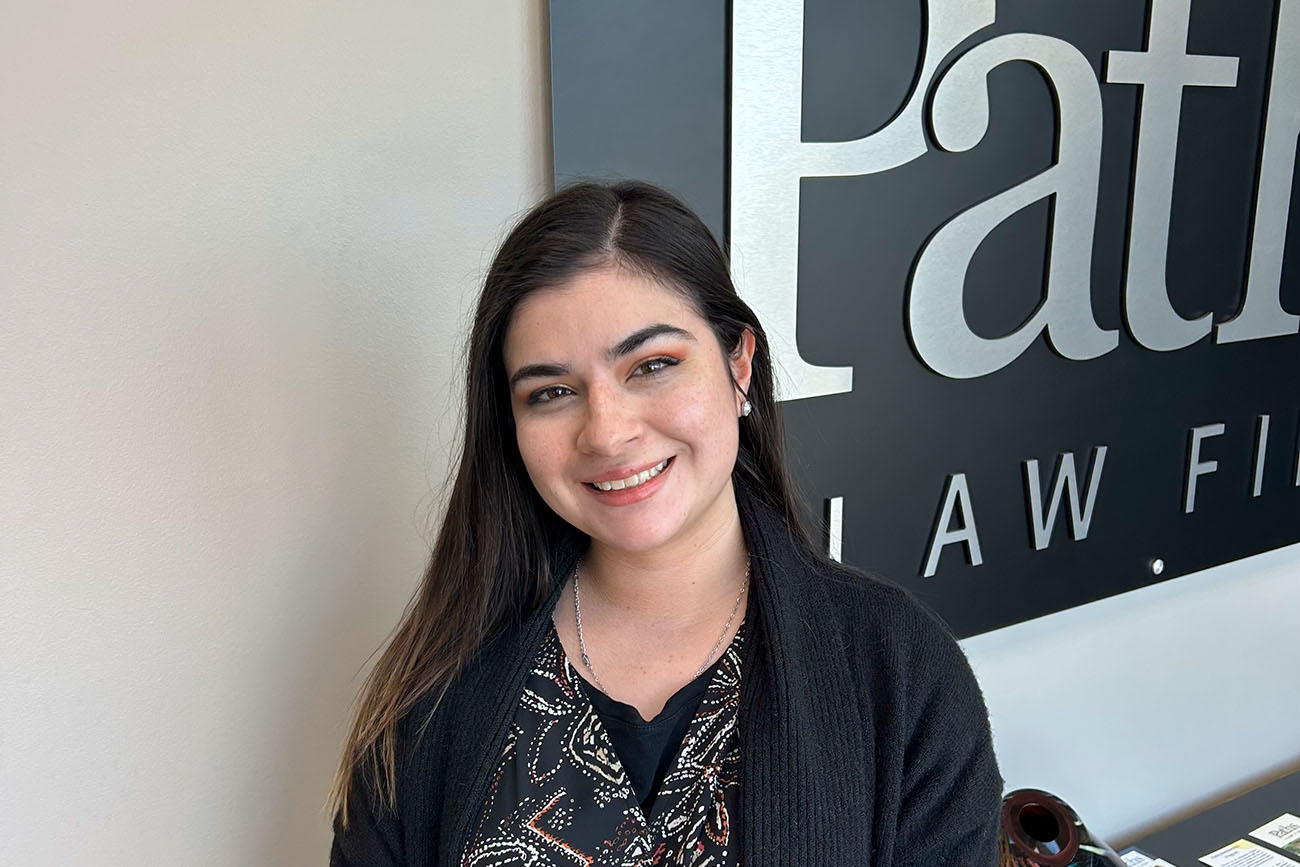As we age, planning for the future becomes more important than ever. Seniors face unique legal and financial issues that, if left unaddressed, can lead to unnecessary stress, family conflict, and financial loss. Unfortunately, many older adults make avoidable mistakes that compromise their control, privacy, and security.
Below are five common mistakes seniors make — and how you can avoid them.
1. Having a Power of Attorney That Fails to Address Elder Law Needs
A generic power of attorney (POA) might allow someone to pay bills or handle routine matters, but it often falls short when it comes to long-term care planning. For example, it may not give your agent the authority to create or fund a trust, engage in Medicaid planning, or make strategic gifts to protect assets.
How to avoid this mistake:
Work with an elder law attorney to draft a power of attorney that includes expanded powers — such as the ability to create and fund trusts, make gifts, and take steps to qualify for Medicaid or other benefits if needed in the future.

2. Creating a Trust but Not Funding It
Setting up a trust is a great step toward avoiding probate and protecting assets, but the trust only works if it’s funded. Too often, people go through the time and expense of creating a trust—only to leave their assets titled in their own name, defeating the purpose.
How to avoid this mistake:
After signing your trust, make sure to retitle your assets—such as bank accounts, real estate, and investment accounts—into the name of the trust. Keep an up-to-date list of trust assets and consult with your attorney to confirm proper funding.
3. Not Informing Loved Ones About the Location of Assets
Even the best estate plan can cause confusion if no one knows where your important documents or financial accounts are located. Survivors may spend weeks or months tracking down information, or worse, miss assets entirely.
How to avoid this mistake:
Maintain a written list of your assets, account numbers, and contact information for advisors (e.g., attorney, financial planner, insurance agent). Store this list in a secure but accessible place, and make sure a trusted person knows where to find it in an emergency.
4. Adding a Child as a Joint Owner on Financial Accounts
Many seniors add a child to a bank account for convenience. But doing so can expose the account to that child’s creditors, divorce, or financial disputes — and it may unintentionally disinherit other heirs.
How to avoid this mistake:
Instead of joint ownership, consider naming a child as your agent under a well-drafted power of attorney or establishing a revocable trust. These options offer flexibility and protection without the legal and tax complications of joint ownership.
5. Waiting Too Long to Create an Estate Plan
It’s common to put off estate planning, especially when you’re still active and healthy. But waiting until after an illness or cognitive decline can limit your options—or leave you without the capacity to sign documents at all.
How to avoid this mistake:
Create a comprehensive estate plan while you’re still able to make decisions. This plan should include a will, trust (if appropriate), power of attorney, healthcare directive, and beneficiary designations. Revisit the plan regularly to keep it current.

Final Thoughts
Estate and long-term care planning is not just about paperwork—it’s about protecting your independence, easing the burden on your family, and preserving what you’ve worked so hard to build. Avoiding these five common mistakes can help you stay in control and give your loved ones clarity and peace of mind.
If you’re unsure whether your current plan addresses these issues, now is the time to speak with an experienced elder law attorney.



































